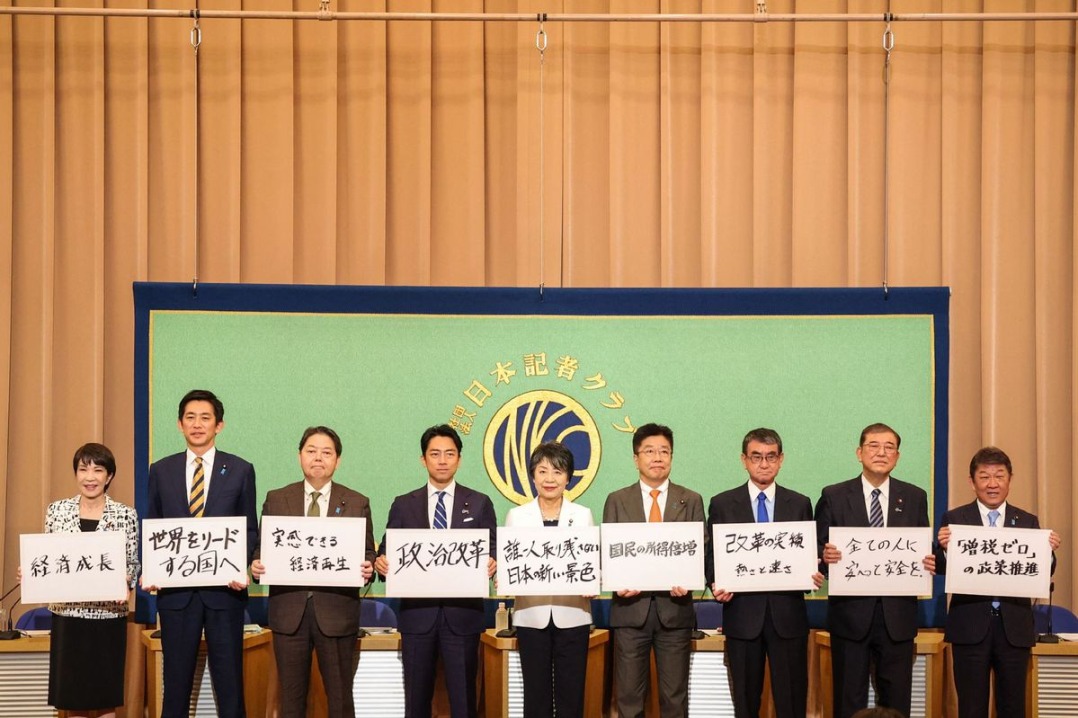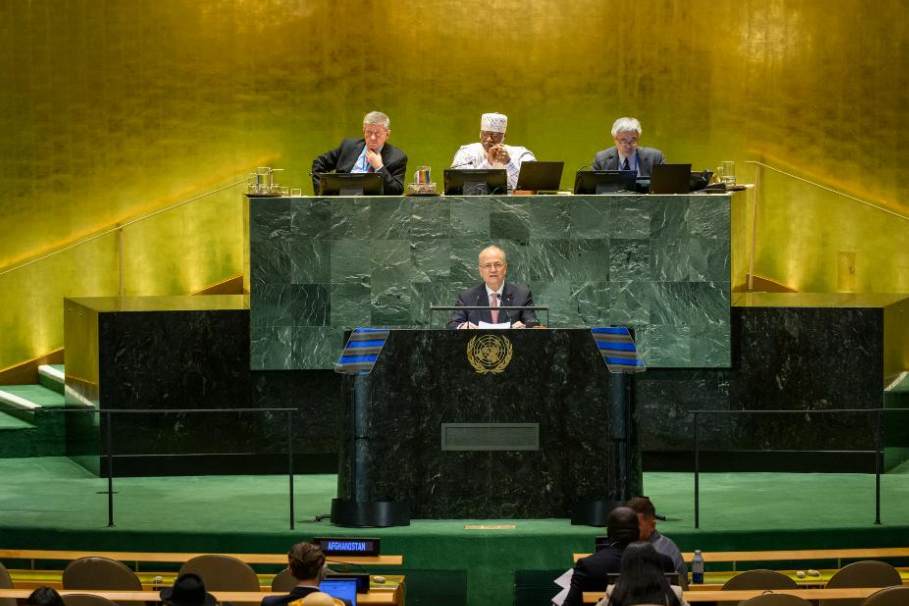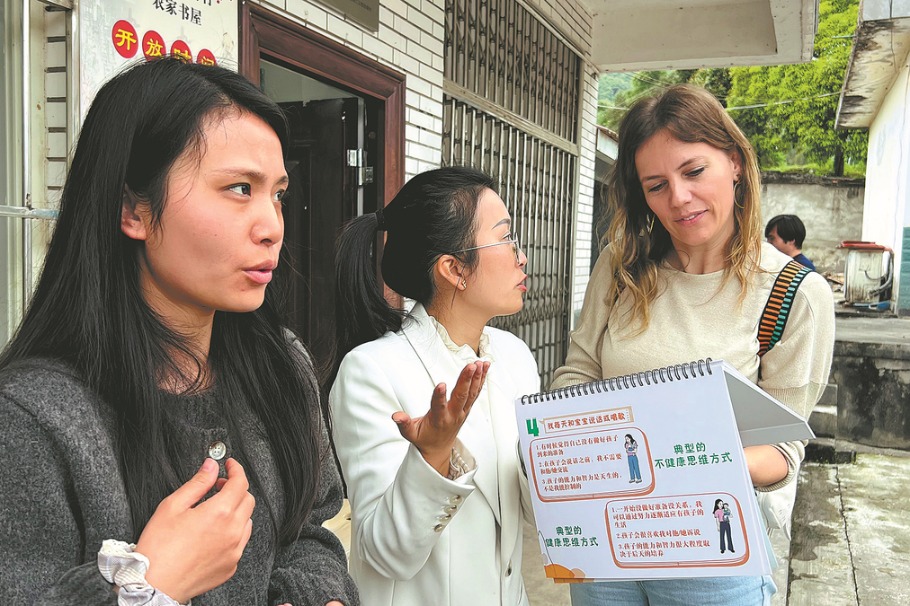California sues Exxon Mobil, claims 'plastic pollution'


California filed a lawsuit against Exxon Mobil on Monday, alleging that the oil giant "caused or substantially contributed to the deluge of plastic pollution" that has harmed and continues to harm the state's environment and population.
The lawsuit also accused Exxon Mobil of deceiving the public by falsely promising to recycle the plastics knowing that only a tiny fraction of plastic waste it produced could be recycled.
The lawsuit was filed in state Superior Court in San Francisco by California Attorney General Rob Bonta. He said a few nonprofit environmental organizations have filed a similar lawsuit against Exxon Mobil.
Bonta said the state isn't seeking damages but rather remedies including an abatement fund of "a likelihood into the tune of billions of dollars". The money would be used for re-education and research and development for successful plastic recycling and cleaning up plastic pollution.
Exxon Mobil was ranked 12th on the 2023 Fortune Global 500 list of the world's largest companies by revenue.
A study by Australian nonprofit Minderoo in 2021 called the company the largest producer of single-use plastics (SUP) in the world.
The California lawsuit alleges that Exxon Mobil "deceptively promoted recycling as a cure-all for plastic waste" while knowing "it is extremely costly and difficult to eradicate" the plastic waste and knew that plastic predictably disintegrates into microplastics that pose an even greater harm to "all living things, including human bodies".
"For decades, Exxon Mobil has been deceiving the public to convince us that plastic recycling could solve the plastic waste and pollution crisis when they clearly knew this wasn't possible," Bonta said in a press release. "Exxon Mobil lied to further its record-breaking profits at the expense of our planet and possibly jeopardizing our health."
He said Exxon Mobil falsely promoted all plastics as recyclable, when less than 1 percent was recycled because plastic recycling wasn't technically or economically practicable.
Exxon Mobil labeled its plastics containing less than 1 percent recycled material through its "advanced recycling" process as recycled. That misled consumers to purchase and use more SUP than they would otherwise, the release says.
In an emailed statement, Exxon Mobil argued that it has processed more than 60 million pounds of plastic waste into usable raw materials, keeping it out of landfills through its advanced recycling, Reuters reported.
"Instead of suing us, they could have worked with us to fix the problem and keep plastic out of landfills," said Lauren Kight, an Exxon spokesperson.
Bonta said at a press conference Monday that overall, only 5 percent of plastics are recycled and "at least 95 percent of them, broadly speaking, were being incinerated or put into our oceans or our rivers or waterways or into landfill''.
He described how a young woman felt betrayed after she learned that her diligence in identifying the recycling symbol of arrow chase at purchasing and putting plastics in a blue recycling bin wasn't making much of a difference.
"It was heavy for her. She had a hard time. She felt betrayed. She felt hurt. She felt confused," Bonta said.
He predicted that the case is likely to take two to three years to conclude, and he is confident the state will win.
"While these may be the first cases of their kind, my personal view is I hope that they won't be the last," Bonta said. "Others, other states who have been harmed by Exxon Mobil — and there are other states who have been harmed by Exxon Mobil — should respectfully consider bringing their own lawsuit and fighting to hold Exxon Mobil accountable on behalf of their state or their public entity."
































